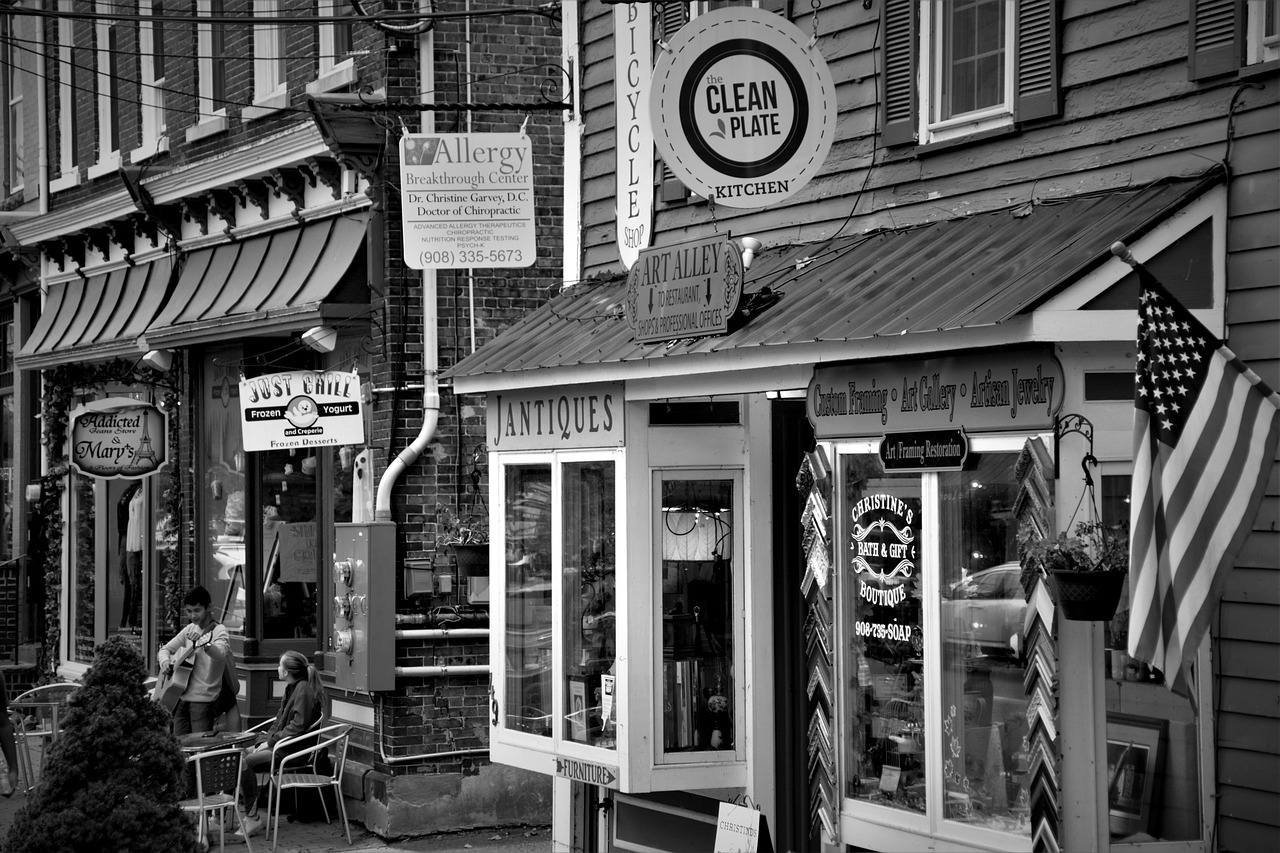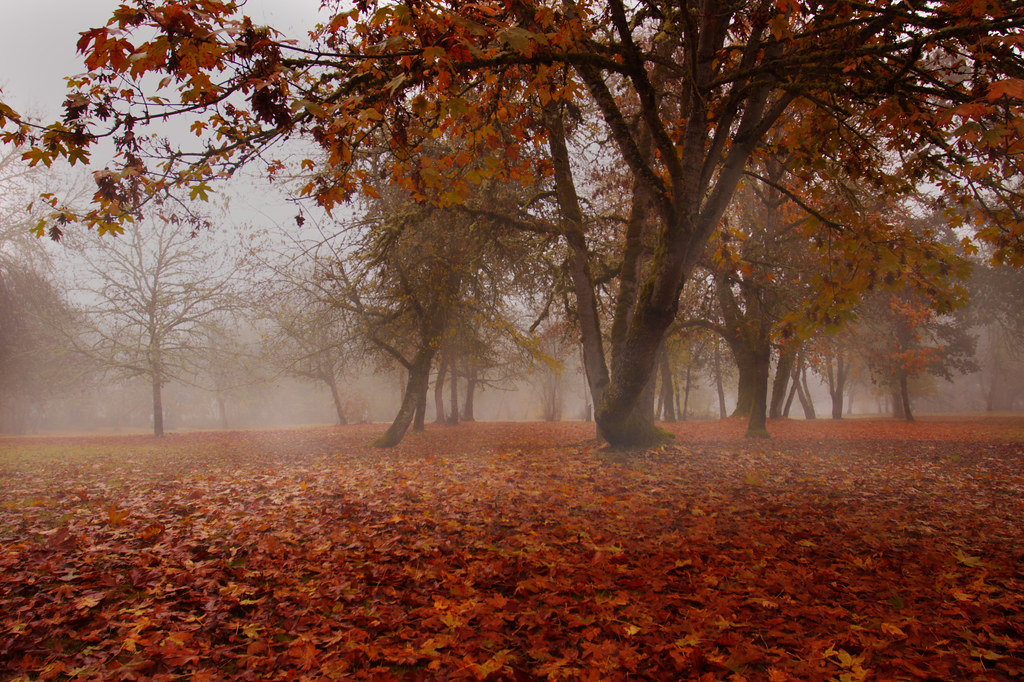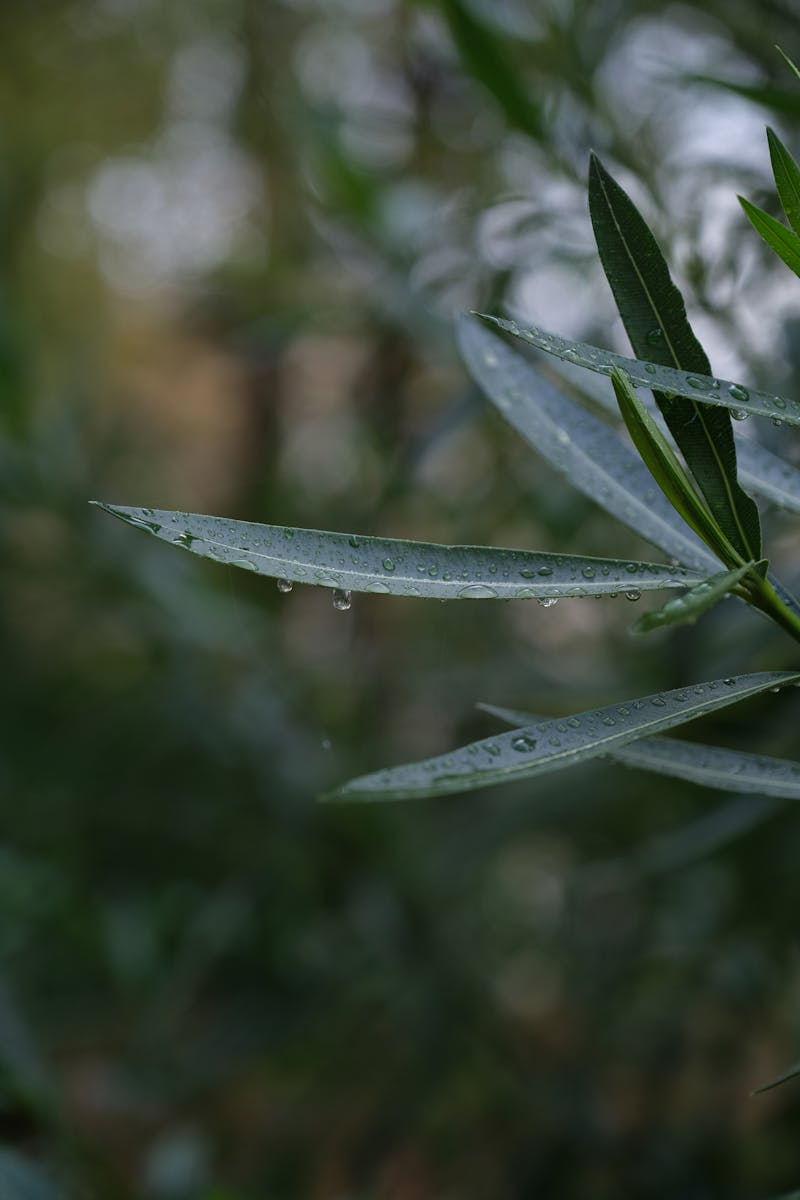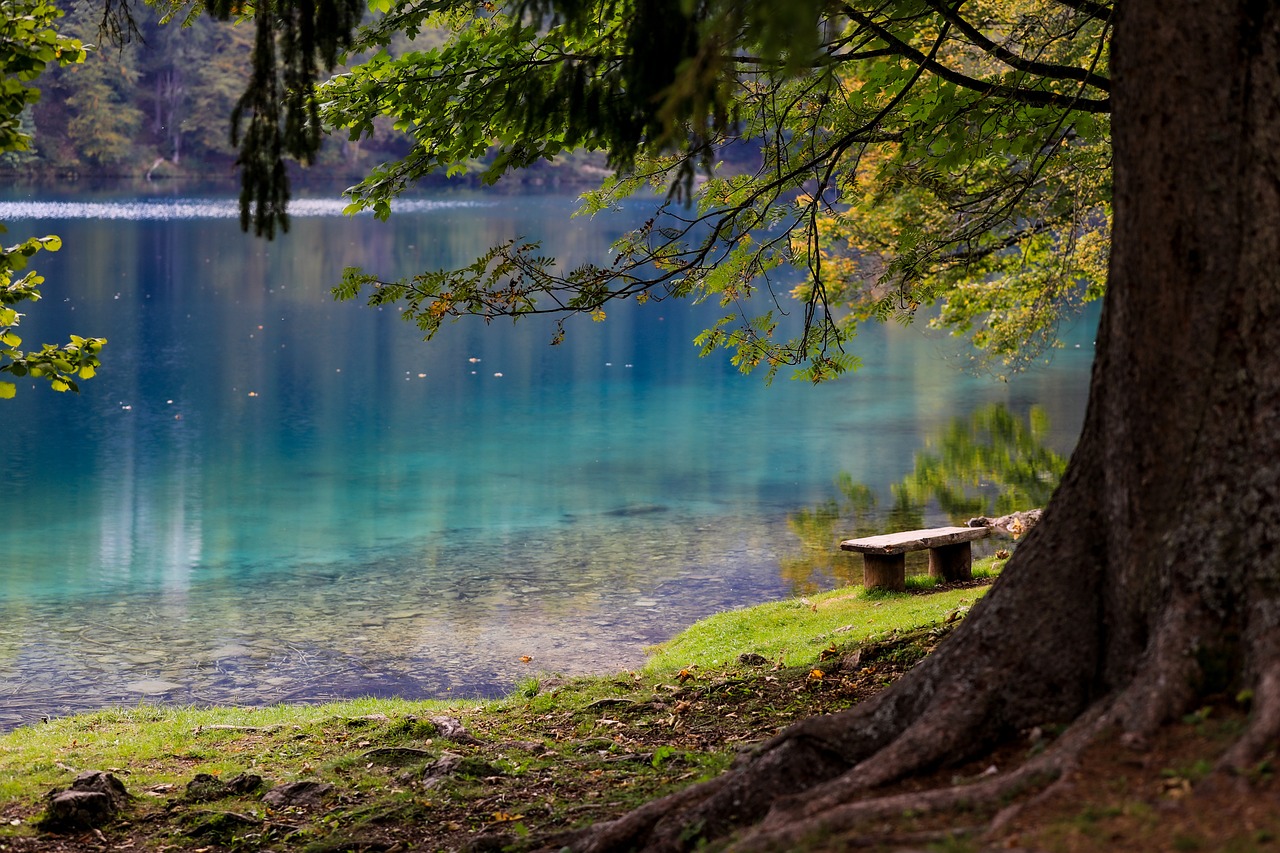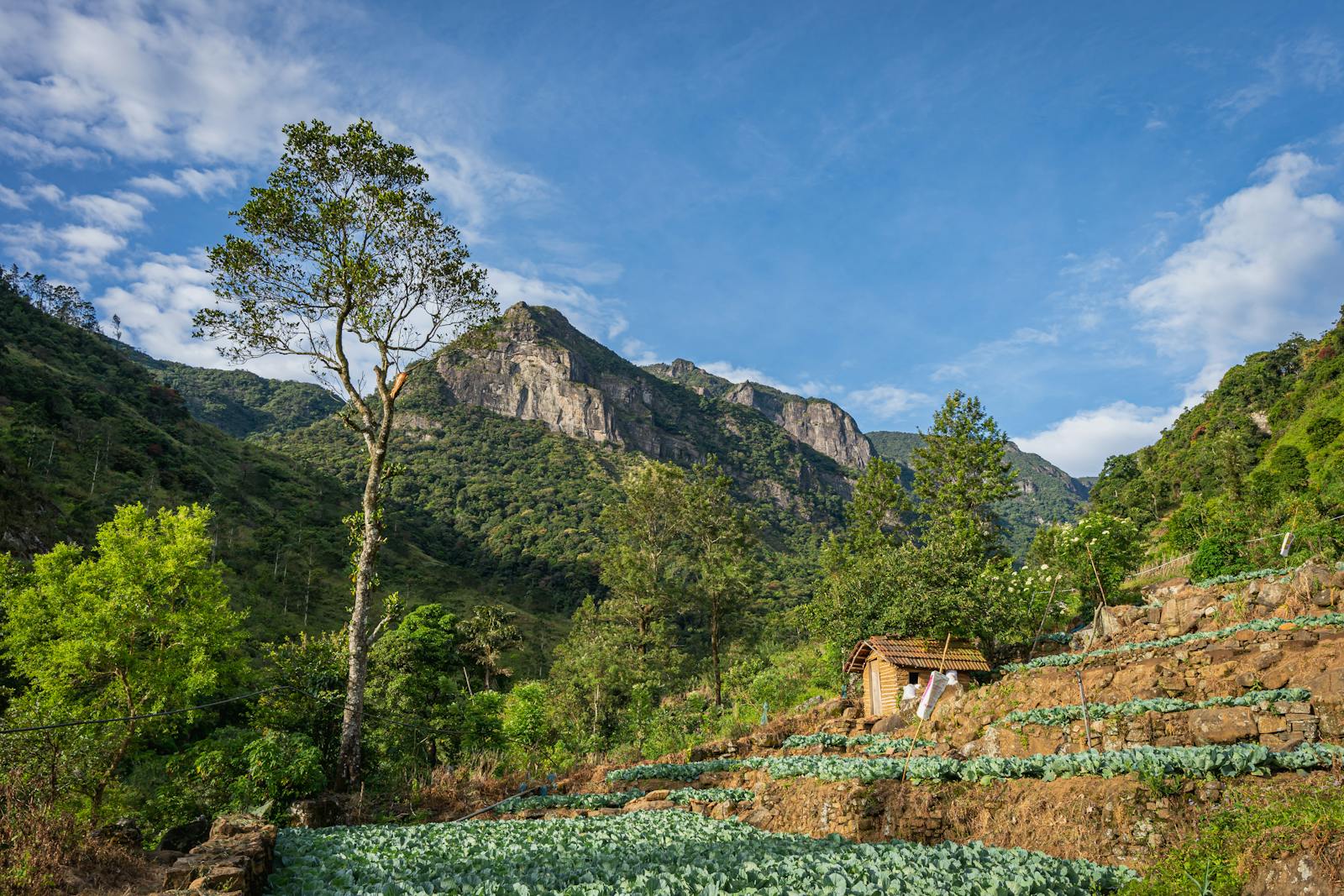The Benefits of Rain Gardens in New Jersey’s Urban Areas
Discover Sustainable Living: Explore the Benefits of Rain Gardens in New Jersey’s Urban Areas for Eco-Friendly Solutions and Enhanced Urban Landscapes – A Guide to Sustainable Living in Northern NJ
Explore sustainable living in New Jersey’s urban areas with the transformative benefits of rain gardens. These eco-friendly solutions enhance biodiversity, manage stormwater, and beautify landscapes. Discover how integrating rain gardens supports sustainable living, promotes environmental health, and contributes to a greener future at Discover Northern NJ.
Sustainable Living: Embracing Eco-Friendly Choices in Northern New Jersey
In today’s world, sustainable living is more than just a trend—it’s a necessity. As urban areas in Northern New Jersey continue to grow, the need to adopt eco-friendly practices has become crucial. From reducing waste to conserving water, there are numerous ways residents can contribute to a healthier planet while enhancing their lifestyles. One effective strategy gaining traction is the implementation of rain gardens.
The Importance of Rain Gardens
Rain gardens are designed to manage stormwater runoff from impervious surfaces like roofs, driveways, and streets. These beautiful gardens not only enhance the aesthetic appeal of any urban landscape, but they also play a vital role in promoting sustainable living. Here are some of the key benefits of rain gardens in New Jersey’s urban areas:
- Water Management: Rain gardens help to capture and filter rainwater, reducing flooding and minimizing erosion.
- Ecosystem Support: They provide habitats for birds, butterflies, and beneficial insects, thus enriching local biodiversity.
- Pollution Reduction: Rain gardens filter pollutants from runoff, protecting local waterways and improving water quality.
- Community Aesthetics: Well-designed rain gardens can enhance neighborhood beauty, making urban areas more inviting for residents and visitors alike.
Benefits of Rain Gardens for Sustainable Living
Creating rain gardens is a practical step towards sustainable living that offers both environmental and social benefits. With the numerous advantages rain gardens provide, it’s clear why they are becoming a popular choice among Northern New Jersey residents. Beyond the immediate benefits, they encourage community involvement and foster a sense of responsibility towards the environment.
Installing a rain garden near your home can lead to significant reductions in stormwater runoff, which is increasingly becoming a challenge in urban settings. By capturing and utilizing rainwater, these gardens help ensure that water is absorbed into the ground rather than overwhelming sewer systems and waterways. This makes rain gardens a smart choice for anyone looking to make a positive environmental impact.
How to Get Started with Rain Gardens
If you’re considering incorporating a rain garden into your sustainable living practices, here are some key steps to get started:
- Research: Look into the types of native plants that thrive in Northern New Jersey’s climate and soil conditions.
- Design: Plan the layout of your rain garden, considering its size and location to maximize its effectiveness.
- Implementation: Gather the necessary materials and start planting, ensuring you follow best practices for drainage and plant selection.
Community Initiatives and Resources
In Northern New Jersey, local organizations and municipalities are increasingly supporting sustainable living initiatives, including the adoption of rain gardens. By participating in community workshops or local environmental efforts, residents can learn more about the practicalities of creating and maintaining these gardens. Local resources often provide guidance, funding options, and even volunteer opportunities to help you get involved.
Conclusion: The Path to a Sustainable Future
Embracing sustainable living in Northern New Jersey is a rewarding journey, and rain gardens are a fantastic way to contribute positively to your environment. By taking this step, not only do you enhance your property, but you also play a part in a larger movement towards sustainability. The benefits of rain gardens in New Jersey’s urban areas cannot be overstated, offering solutions to environmental challenges while beautifying your community. As more residents get involved, the cumulative impact can lead to a greener, healthier future for all.
Keywords: sustainable living, rain gardens, New Jersey, urban areas, environmental benefits, ecological impact, stormwater management, native plants, biodiversity, community engagement, green spaces, urban sustainability, water conservation, habitat creation, pollution reduction
latest news
news via inbox
Stay Connected

